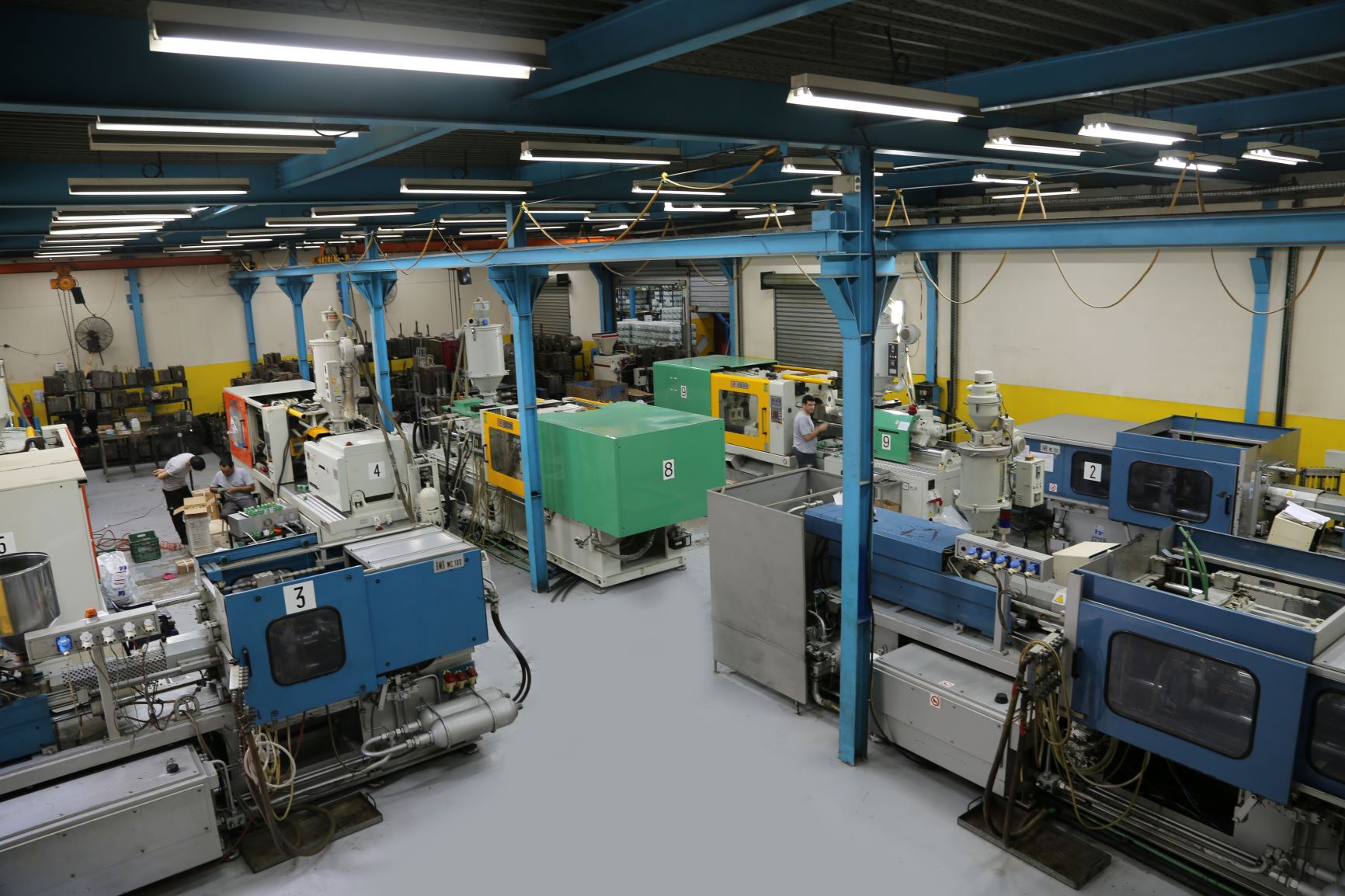 en
en GEFF loan is helping a Lebanese plastic manufacturing industry become more Energy, Water and Resource Efficient
Established in 1994, Advanced Plastic Industries-API became a market leader in the progressive world of plastics; manufacturing the finest polyethylene (PE) and polypropylene (PP- RCT) pipes and fittings.
To decrease its energy bill, and reduce its dependence on diesel generators, API decided to install a solar PV system, and replace its existing equipment with more energy efficient ones such as chillers, LED lighting and BMS
API decided as well to improve its production efficiency, quality, and volume by replacing an old production line with a more energy efficient one.
In order to improve the quality of its water effluent the company decided to install a wastewater treatment plant based on MBBR technology.
The project included:
The GEFF team performed the project analysis, assessed the potential of energy savings, financial-technical parameters and risks.
The USD 1,330.424 investment allowed the company to reduce the energy consumption by 12,323 GJ per year, resulting in the annual costs savings of USD 425,205. The investment will be repaid out of energy savings in 6.57 years, continuing to generate profit for many years to follow.
The PV system will lead to a reduction of the CO2 emissions by 934 tonnes per year, making a valuable input towards climate change mitigation.
The Green Economy Financing Facility in Lebanon was developed by the European Bank for Reconstruction and Development (EBRD) and is supported by International Cooperation and Development Fund – (TaiwanICDF)










Supported by: